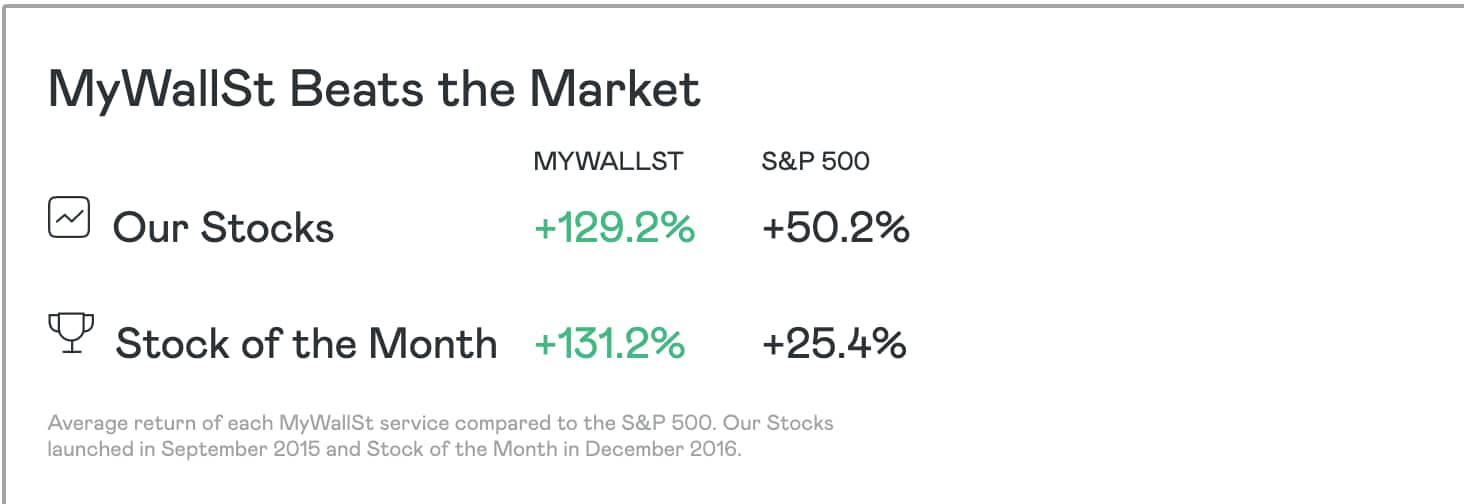67% of U.S. households, or roughly 85 million families, own at least one pet; and that number is expected to grow as shelters are reporting record adoptions and breeders are putting clients on waiting lists, all thanks to the pandemic. E-commerce accounted for 13% of all pet supplies sales in 2019 and Chewy (NYSE: CHWY), although holding a 50% market share in the e-commerce pet supplies sector, reported a nearly $270 million net loss for the year. Will the pandemic-inspired surges in adoptions and online shopping aid the company in finally reaching profitability and make Chewy a good buy?
This article was originally published on MyWallSt — Investing Is for Everyone. We Show You How to Succeed.
The bull case for Chewy
The largest e-commerce company in the U.S. is Amazon (NASDAQ: AMZN) and investors are concerned that it could pose a notable threat to Chewy. However, Jeff Bezos’ seller-of-everything is not a pet store like Chewy, and although it might offer some of the same products, Chewy offers exceptional 24/7 customer support and service and lower prices. If you’re a new pet owner, for example, and have questions about what to feed your new puppy or about a crate or grooming supplies, you can get knowledgeable guidance from a Chewy representative or you can take your chances with Amazon. The choice is obvious for pet owners and it’s the reason Chewy commands a 50% e-commerce market share.
Chewy’s most significant moat is its customer service; along with being knowledgeable about pets, the company is known to send welcome, birthday, and sympathy cards, as well as hand-painted pet portraits to surprise its customers. You can return anything to Chewy within a year, except for prescription medications — a $9 billion market the company entered in 2018 with Chewy Pharmacy. That was the value of the market in 2018 and it is projected to exceed $12 billion by 2022.
In its last quarter, Chewy exceeded estimates of $1.53 billion in revenue to report $1.62 billion, up 46.1% year-over-year (YoY); additionally, the company reported its first ever quarter of positive adjusted EBITDA of $3.4 million, a 122% increase YoY. The company added 1.6 billion new active customers in the first few months of the outbreak, bringing its total to 15 million. More important, however, is Chewy’s retention rate, which remains the same during the pandemic as it did before the chaos. The company is expected to open another fulfillment center in Pennsylvania later in the year and also added 6,000 new employees to staff its existing fulfillment centers. Chewy also forecasted to break even on an adjusted earnings basis for the year.
The bear case for Chewy
It wouldn’t take much for Amazon to upgrade their pet supplies service. In fact, it can splinter off into a division of its own, say Amazon Pets, and also start offering pet prescriptions through its own pharmacy, Amazon PillPack, and that would spell certain doom for Chewy. Additionally, what’s to stop people from getting advice and guidance from Chewy and buying their products elsewhere? Aside from competition, the company faces a potential customer decrease post-pandemic when people stop adopting pets at such a high rate. Also, with pets’ short life span, Chewy’s retention rates will correspond accordingly.
Chewy offers free shipping on orders over $49 and that doesn’t have a weight limit; that means that the company covers the costs of shipping heavy items like crates and fifty-pound bags of food ($20 million was spent in Q1 2020 and expected to rise), an expensive proposition for any company, but more so for one that has yet to turn a profit.
So, is Chewy a good investment?
Absolutely. This company has a strong moat in its incredible round-the-clock customer service and guidance and a significant stake in its sector; a position that will serve it well as the pet supplies and food market is expected to climb over 55% by 2025 and e-commerce by over 26%. Additionally, it operates in a recession-proof sector that actually grew during the last two economic downturns, by 29% in 2001 and 17% in 2009. This solid company is well on its way to profitability in the very near future.
Quickfire Round
1. Who is the CEO of Chewy?
Sumit Singh, since March 15, 2018.
2. Who owns Chewy?
Privately held company PetSmart acquired Chewy in 2017.
3. How was Chewy’s stock performance this year?
As of 22 September, its price is up nearly 84% at $54.48.
MyWallSt makes it easy for you to pick winning stocks. Start your free trial with us today— it's the best investment you'll ever make.
Continue reading for FREE
- Includes free newsletter updates, unsubscribe anytime. Privacy policy






